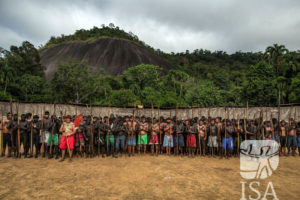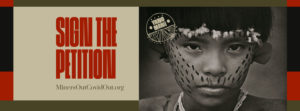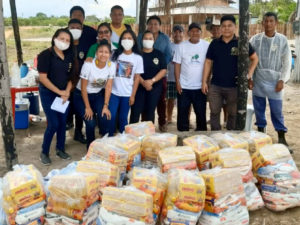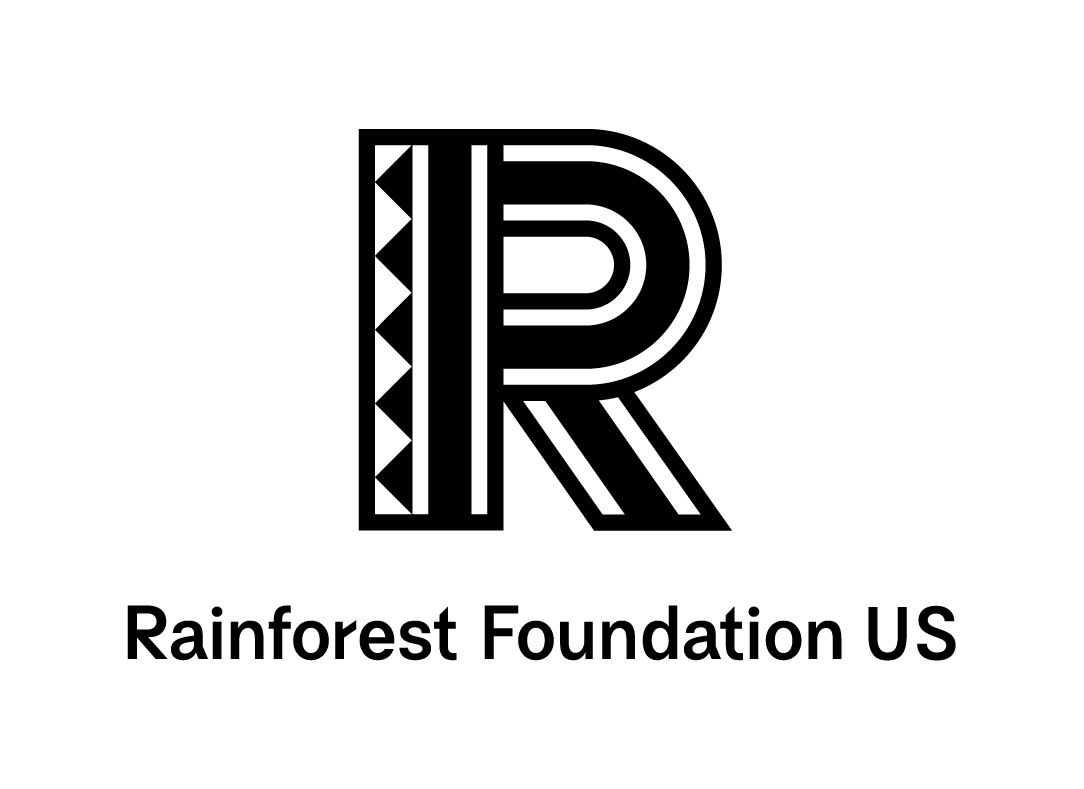“The trees cannot speak out, the birds, animals and wildlife cannot say stop! The fishes are defenseless as their homes and spawning grounds are destroyed. Who will speak for them?”
– Toshao Geneve Thomas, elected leader of Awarewao Village
Our partners, the Wapichan communities in Guyana have joined together to ensure their voice and the voice of all who depend on them is heard around the world. Their new community run website and mapping portal shares their vision, their culture, and also documents the violence perpetrated against the lands they protect. Information has been collected using grassroots monitoring that involves community surveillance, the use of smartphone technology, drones, and community digital maps – all controlled and managed directly by the indigenous villages.
The Wapichan lands in Guyana are one of the most biodiverse places on earth. The territory’s rich variety of rainforests, mountains, wetlands, savannah grasslands and tropical woodlands are the homeland of 21 communities who continue to protect their ancestral lands as they have for generations; practicing sustainable small-scale farming, hunting, fishing and gathering. The area is home to endangered species such as giant river otters, jaguars, and rare bush dogs as well as endemic species of fishes and birds.
Yet mining, logging and illegal land grabs are putting these lands and our planet at risk. Numerous companies—both national and foreign— have held government-granted rights to prospect for gold on Wapichan lands over the past several decades. All of these concessions and adjacent mining blocks have been imposed on Wapichan forests and customary lands without their prior agreement. Despite promises of environmental assessments and ‘clean’ mercury-free mining, their lands continue to be invaded and even the assessments and proper mining techniques are rarely if ever used. Wapichan villages protest that a genuine, good faith process of free, prior and informed consent has never taken place.
By mapping their lands and monitoring for invasions the Wapichan are fighting back against the destruction of their lands by using drones for the early detection of illegal incursions and deforestation, and protecting people from mercury poisoning by identifying upstream mining and pollution that might otherwise go unidentified until it makes its way into community drinking water.





